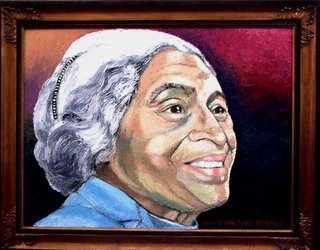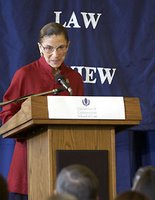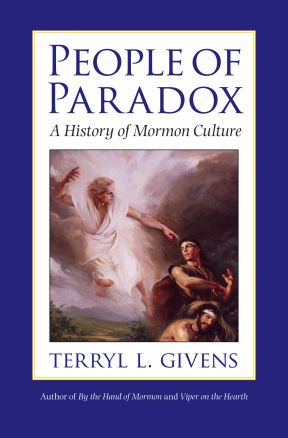 Melissa and I stood in line for over six hours last night so we could walk past the casket of Rosa Parks which was on display in the Capitol Rotunda. Late last week, Congress passed a resolution allowing Parks to lie in honor in the Capitol; she's the first woman ever to be given that honor and one of only a handful of non-elected citizens. When we decided to go earlier in the evening, however, we didn'’t anticipate just how long it would take to make it through the Capitol. I'm embarrassed to admit that I thought of throwing in the towel after seeing the line, but we stuck it out and it was well-worth it.
Melissa and I stood in line for over six hours last night so we could walk past the casket of Rosa Parks which was on display in the Capitol Rotunda. Late last week, Congress passed a resolution allowing Parks to lie in honor in the Capitol; she's the first woman ever to be given that honor and one of only a handful of non-elected citizens. When we decided to go earlier in the evening, however, we didn'’t anticipate just how long it would take to make it through the Capitol. I'm embarrassed to admit that I thought of throwing in the towel after seeing the line, but we stuck it out and it was well-worth it.More than a generation removed from Jim Crow laws, Martin Luther King Jr., and much of the Civil Rights movement, I sometimes forget how deeply entrenched discrimination still was less than fifty years ago. When I read cases like Brown v. Board of Education and Bolling v. Sharpe, the United States they describe seems like another universe.
I'm grateful for experiences that lull me out of my complacent and, at times, narrow world-view. As we stood in line with scores of people who had struggled through the bitter storm of desegregation and saw the reverence that they had for Ms. Parks, I realized the long shadow that this era still casts. I think many of those in line would have stood there for days for the chance to honor Rosa and the movement she sparked.
There was healing to be had though. Inching forward at our snail's pace every hour, we clapped and sang songs, everything from We Shall Overcome to Movin' On Up. White, black, young old, we sang together... and I think somewhere a weary, middle-aged secretary sitting on a crowded old bus smiled.







